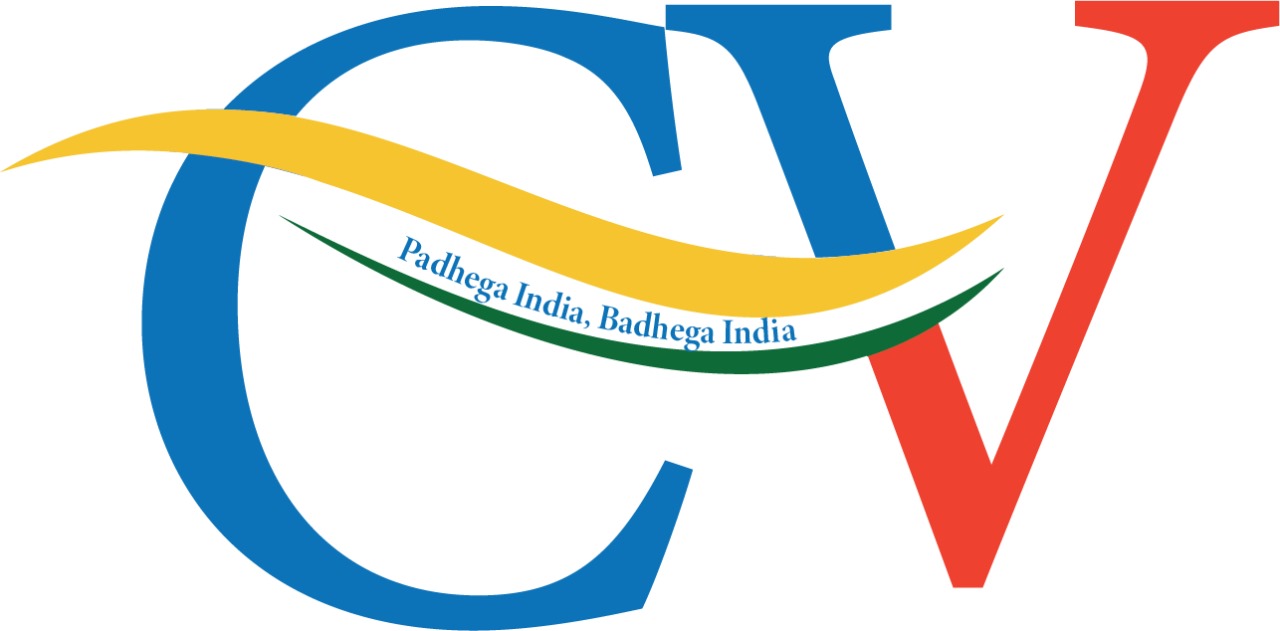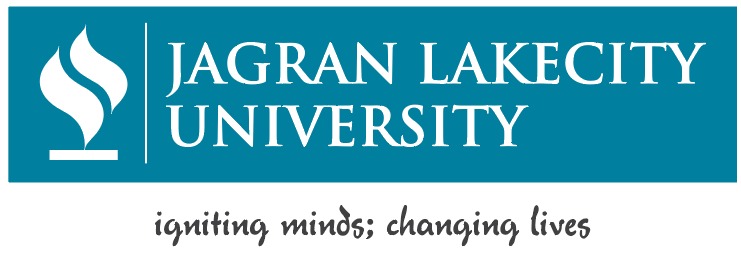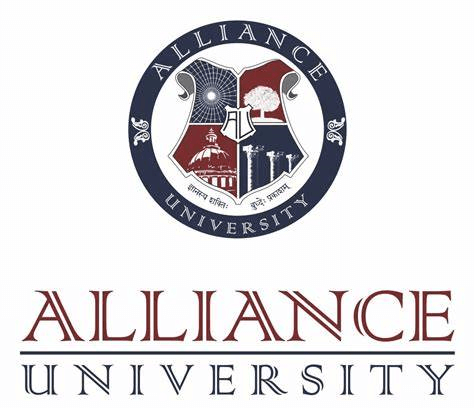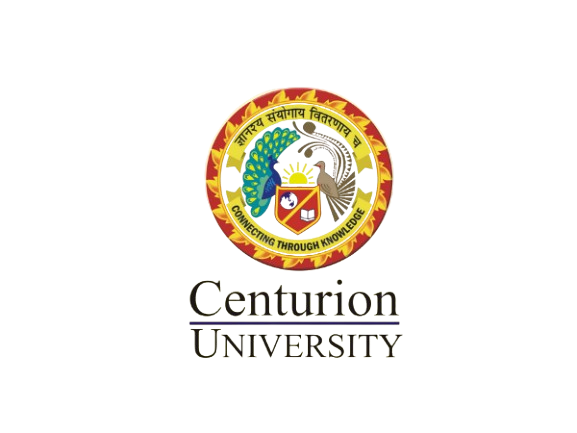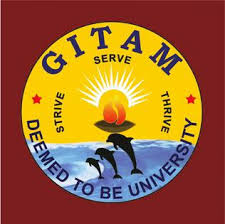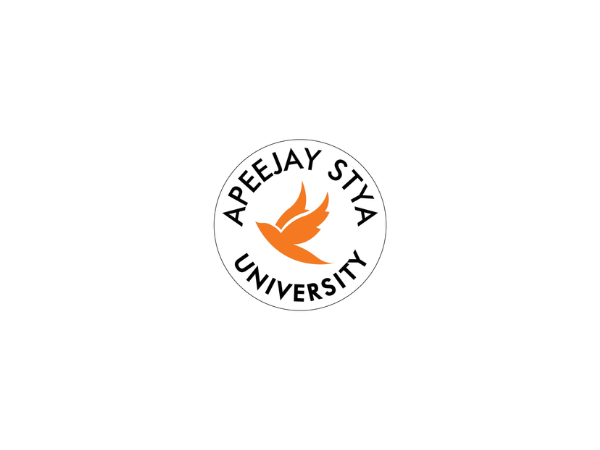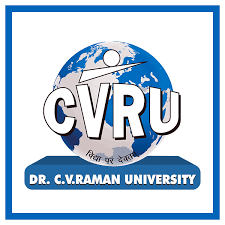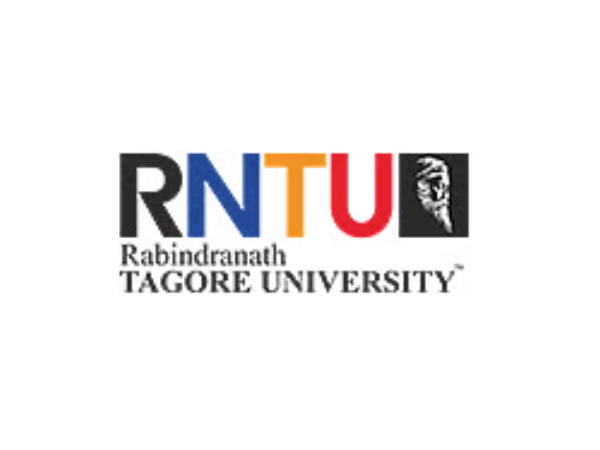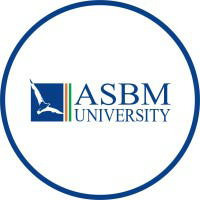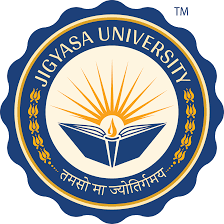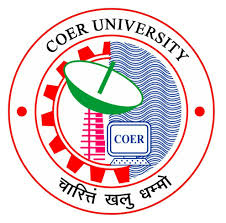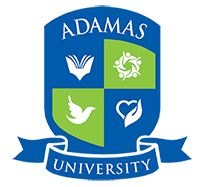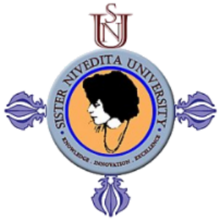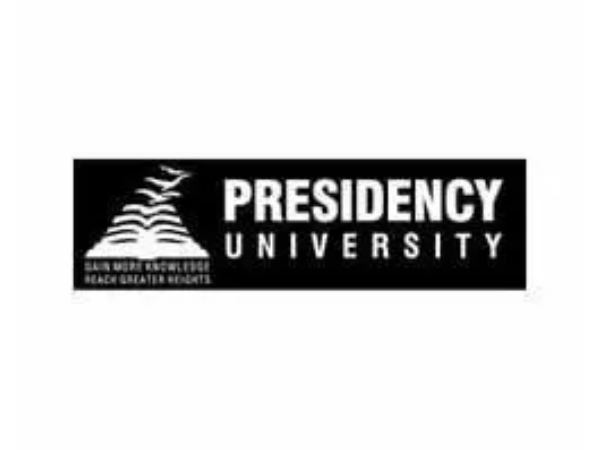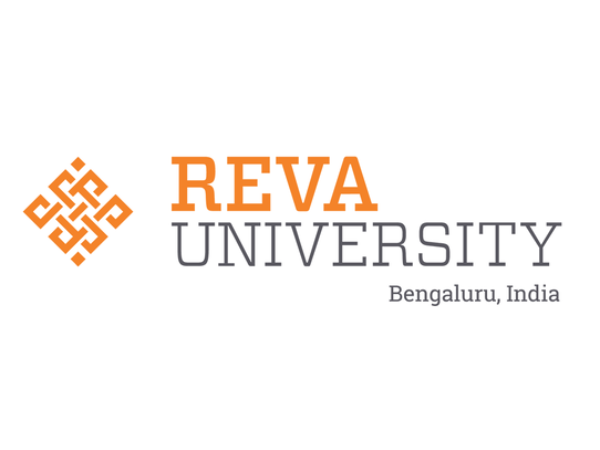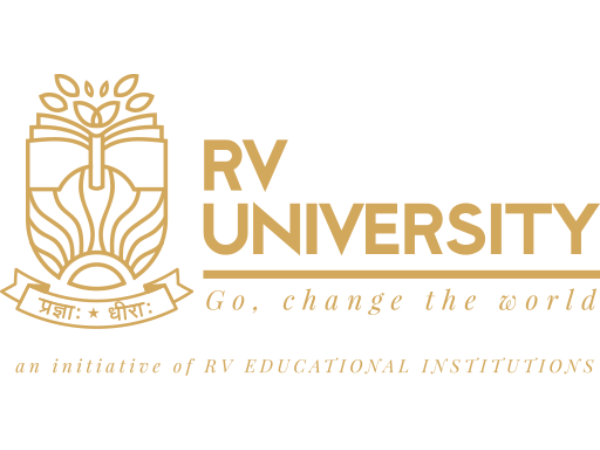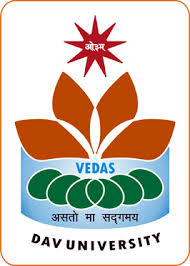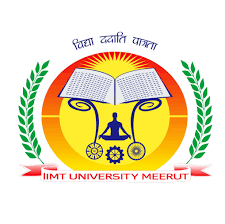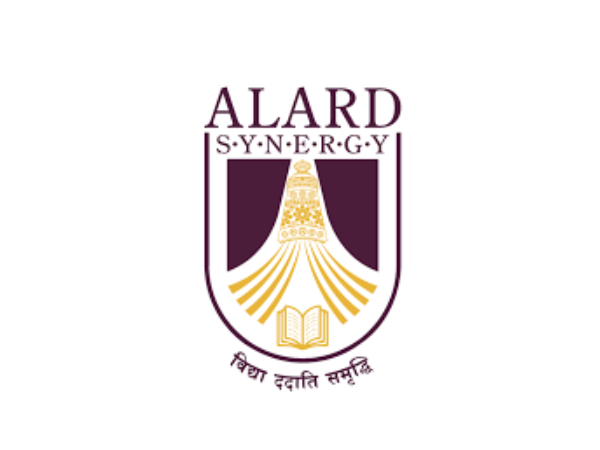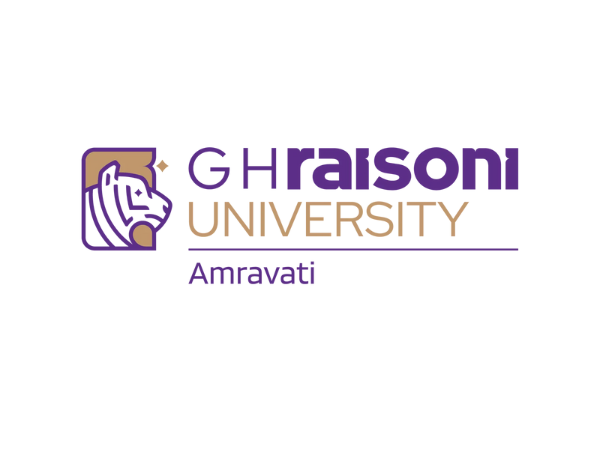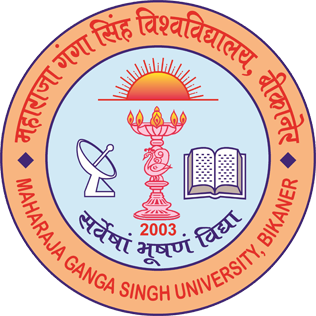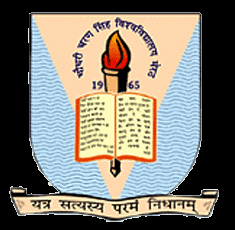Bachelor of Arts and Bachelor of Legislative Law - (Bachelor of Arts and Bachelor of Legislative Law - (B.A. L.L.B.))
Universities
97
Eligibility
10+2
Course Introduction
Bachelor of Arts and Bachelor of Legislative Law
The Bachelor of Arts and Bachelor of Laws (B.A. LL.B.) course is a unique and comprehensive undergraduate program that combines two diverse fields of study: humanities (B.A.) and law (LL.B.). This five-year integrated course is designed to provide students with a strong foundation in both legal principles and liberal arts subjects. During the initial years of the program, students engage in subjects like history, economics, political science, sociology, and languages, which broaden their understanding of society and its complexities. Simultaneously, they start building a solid legal framework by studying subjects like constitutional law, contract law, criminal law, and more. One of the key advantages of the B.A. LL.B. course is that it equips students with a holistic perspective, enabling them to comprehend legal issues within the broader social, political, and cultural contexts. Graduates of this program often have a well-rounded education that enhances their problem-solving skills, critical thinking, and communication abilities, making them well-prepared for a variety of career opportunities in the legal field and beyond.
Course Overview
A Bachelor of Arts and Bachelor of Laws (B.A. L.L.B.) program is a comprehensive and interdisciplinary undergraduate course that combines the study of law with various subjects from the arts and humanities. This dual-degree program typically spans five years and equips students with a well-rounded education that encompasses both legal expertise and a broader understanding of society, culture, and politics. In the initial years, students focus on foundational legal subjects such as constitutional law, criminal law, and contract law. Concurrently, they engage in arts courses that can range from history, sociology, and political science to literature and economics. As they progress, the curriculum becomes more specialized, delving deeper into areas like family law, corporate law, and international law. This course not only prepares students for a career in law but also enhances their critical thinking, communication, and problem-solving skills. Graduates of B.A. L.L.B. programs are well-equipped to navigate the complex world of legal practice and contribute meaningfully to legal advocacy, policymaking, and social justice initiatives.
Course Eligibility
To pursue a B.A. L.L.B. of course, candidates typically need to have completed their higher secondary education (12th grade) with a minimum required percentage, often around 50%. Qualification requirements may vary by university or college, so it's essential to check the specific admission criteria of the institution you're interested in.
Universities
Admission Process
There is an online admissions process available at Online Bachelor of Arts and Bachelor of Legislative Law, therefore there is no need to physically visit the campus to apply for admission. There is no entrance exam required to apply for admission to Bachelor of Arts and Bachelor of Legislative Law Online because admissions are made directly. The following describes the Bachelor of Arts and Bachelor of Legislative Law's admissions process for online courses:
Ask Admission QueryBrowse our diverse range of programs like MBA, BBA, MA, B.COM, Machine Learning, Python and many more...
Fill online application form with accurate.
You get your own education mentor who helps with all your questions about courses, university, colleges and fees. They're there to make things clear and easy for you.
Make your college application faster by sending your documents and paying the registeration fees.
Upon acceptance, pay fees to secure your seat and finalize enrollment
Confirm your class date, seat, enrollment number and get your gift as reward points
Course Subjects
- #Criminal Law
- #Contract Law
- #Family Law
- #Property Law
- #Administrative Law
- #Environmental Law
- #International Law
- #Labor Law
- #Taxation Law
- #Human Rights Law
- #Political Science
- #History
- #Sociology
- #Legal Research and Writing
- #Moot Court
- #Clinical Legal Education
- #Drafting Legal Documents
- #Alternative Dispute Resolution
- #Trial Advocacy
- #Professional Ethics and Legal Aid
- #Comparative Government
- #Environmental Studies
- #Public Administration
- #English Literature
- #Philosophy
Bachelor of Arts and Bachelor of Legislative Law's Highlights
1
Interdisciplinary Learning
B.A. L.L.B. programs combine the study of law with subjects from the arts and humanities, providing students with a holistic education. This interdisciplinary approach helps students develop a well-rounded understanding of society, politics, and culture, which can be valuable in legal practice and advocacy.
2
Dual Degree
Upon completion of the course, students earn both a Bachelor of Arts (B.A.) degree and a Bachelor of Laws (L.L.B.) degree. This dual-degree structure enhances career prospects and opens doors to a wide range of opportunities in law and related fields.
3
Early Exposure to Legal Concepts
B.A. L.L.B. programs often introduce students to foundational legal principles from the early years of study. This early exposure allows students to grasp essential legal concepts and gain practical insights into the legal profession.
4
Enhanced Communication Skills
The course emphasizes communication, critical thinking, and research skills, which are essential for success in the legal field. Students engage in moot courts, debates, and legal research, honing their abilities to argue cases effectively and articulate legal arguments.
5
Diverse Career Paths
Graduates of B.A. L.L.B. programs have a diverse range of career opportunities.They can become lawyers, legal consultants, judges, corporate legal advisors, or pursue careers in public administration, policy-making, human rights advocacy, or even academia.
Bachelor of Arts and Bachelor of Legislative Law's Freights
The cost of the course varies widely, with traditional B.A. L.L.B. programs typically ranging from INR 1.5 lakhs to INR 7 lakhs, depending on the institution's fee structure. In contrast, the fee for a B.A. L.L.B. distance education courses are generally lower, spanning from INR 15,000 to INR 50,000.
Bachelor of Arts and Bachelor of Legislative Law's Specialization
B.A. L.L.B. programs often offer specializations, allowing students to focus on specific areas of law. Common specializations include Criminal Law, Corporate Law, Intellectual Property Law, Human Rights Law, Environmental Law, and Family Law. These specializations equip students with in-depth knowledge and expertise in their chosen legal field.
- #Criminal Law
- #Corporate Law
- #Constitutional Law
- #International Law
- #Environmental Law
Course Job
- #Lawyer/Advocate
- #Corporate Counsel
- #Judicial Services
- #Legal Consultant
- #Public Prosecutor
- #Legal Analyst
- #Legal Researcher
- #Academia
- #Human Resources Specialist
- #Government Jobs
- #Legal Journalism
Course Types
Offline mode
Offline Bachelor of Arts and Bachelor of Laws (B.A. LL.B.) courses typically offer full-time, on-campus programs. Students attend classes in physical classrooms, engage in laboratory work, and interact directly with professors and peers. These traditional programs provide hands-on learning experiences and face-to-face interactions, fostering a comprehensive understanding of Lawyer/Advocate.
Why this Course ?
- The B.A. L.L.B. the course offers a unique blend of legal education and a broader understanding of society, making it an ideal choice for those seeking a comprehensive education. It equips students with legal expertise, critical thinking skills, and the ability to address complex societal issues, preparing them for diverse career opportunities in law and related fields.
- Holistic Education: B.A. L.L.B. programs offer a comprehensive education that combines legal studies with humanities and social sciences. This interdisciplinary approach provides a well-rounded understanding of law in the context of society, politics, and culture.
- Diverse Career Opportunities: A B.A. L.L.B. degree opens doors to a wide range of career paths, including legal practice, corporate law, government service, academia, and advocacy work. Graduates have the flexibility to explore various fields within and outside the legal profession.
- Enhanced Problem-Solving Skills: Legal education emphasizes critical thinking, research, and analytical skills, which are valuable not only in law but also in various other professions. Graduates develop the ability to analyze complex issues and find effective solutions.
- Social Impact: B.A. L.L.B. graduates often work in roles that have a significant societal impact. They can advocate for justice, human rights, and social reforms, making a positive difference in their communities and the world.
- Intellectual Challenge: Studying law is intellectually stimulating and challenging. It involves continuous learning, staying updated on legal developments, and engaging in rigorous debates, which can be intellectually rewarding for those who are passionate about it.
Frequently Asked Questions
A 1 : The B.A. L.L.B. program is a dual-degree undergraduate course that combines Bachelor of Arts (B.A.) and Bachelor of Laws (L.L.B.) studies, providing students with a comprehensive education in both the humanities and legal disciplines.
A 2 : Career prospects for B.A. L.L.B. graduates include becoming lawyers, legal consultants, judges, corporate legal advisors, human rights advocates, academia, corporate counsel, government officials, and more, offering diverse opportunities in law and related fields.
A 3 : The B.A. L.L.B. program can develop skills such as critical thinking, legal research, effective communication, problem-solving, analytical reasoning, negotiation, and a deep understanding of laws and their societal implications.
A 4 : A B.A. L.L.B. program typically takes five years to complete. This integrated undergraduate course combines Bachelor of Arts and Bachelor of Laws degrees and provides a comprehensive legal education.
A 5 : Transferring credits from a community college to a B.A. L.L.B. program is typically subject to the policies of the specific university or college. Contact the institution you're interested in to inquire about their credit transfer process and eligibility criteria.
